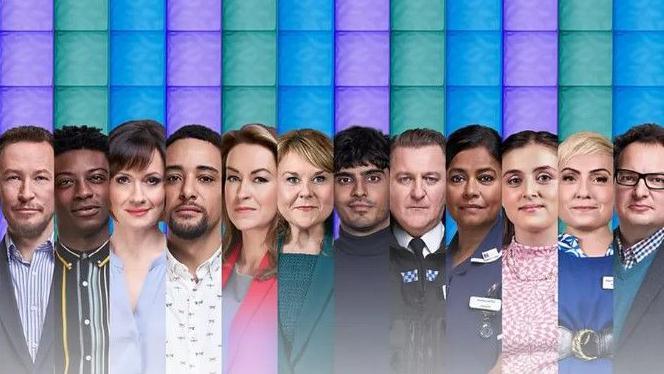BBC backing to bring £282m to West Mids - report
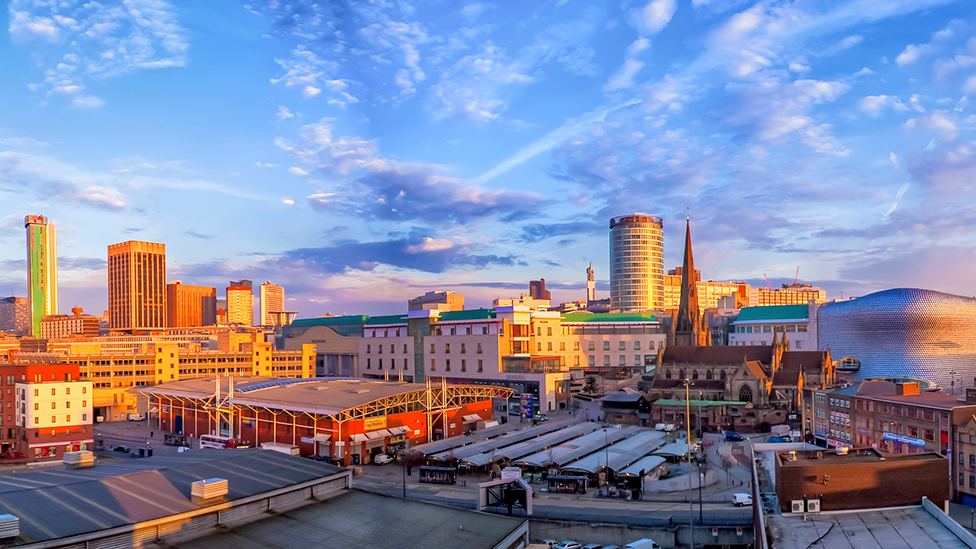
The report suggests the BBC's investment will create more than 900 jobs in the region
- Published
The BBC's investment in the West Midlands will bring £282m to the region by 2031, according to a report.
The published study suggests the corporation’s commitment to the area will help to create more than 900 jobs and 200 companies over the next decade.
Investment includes the decision to move the BBC's regional headquarters to a new state-of-the-art broadcast centre at The Tea Factory in Digbeth, Birmingham.
Primetime TV shows Silent Witness and MasterChef have also gone into pre-production from new bases in Digbeth, while BBC Asian Network will be consolidated in the area by April 2025.
BBC Studios Drama Productions, which produces titles including Silent Witness, Shakespeare and Hathaway, Father Brown and Sister Boniface, is also setting up a regional hub and post-production facility in Digbeth.
Three shows for the new BBC Radio 1 Anthems stream on BBC Sounds will also be made in Birmingham.
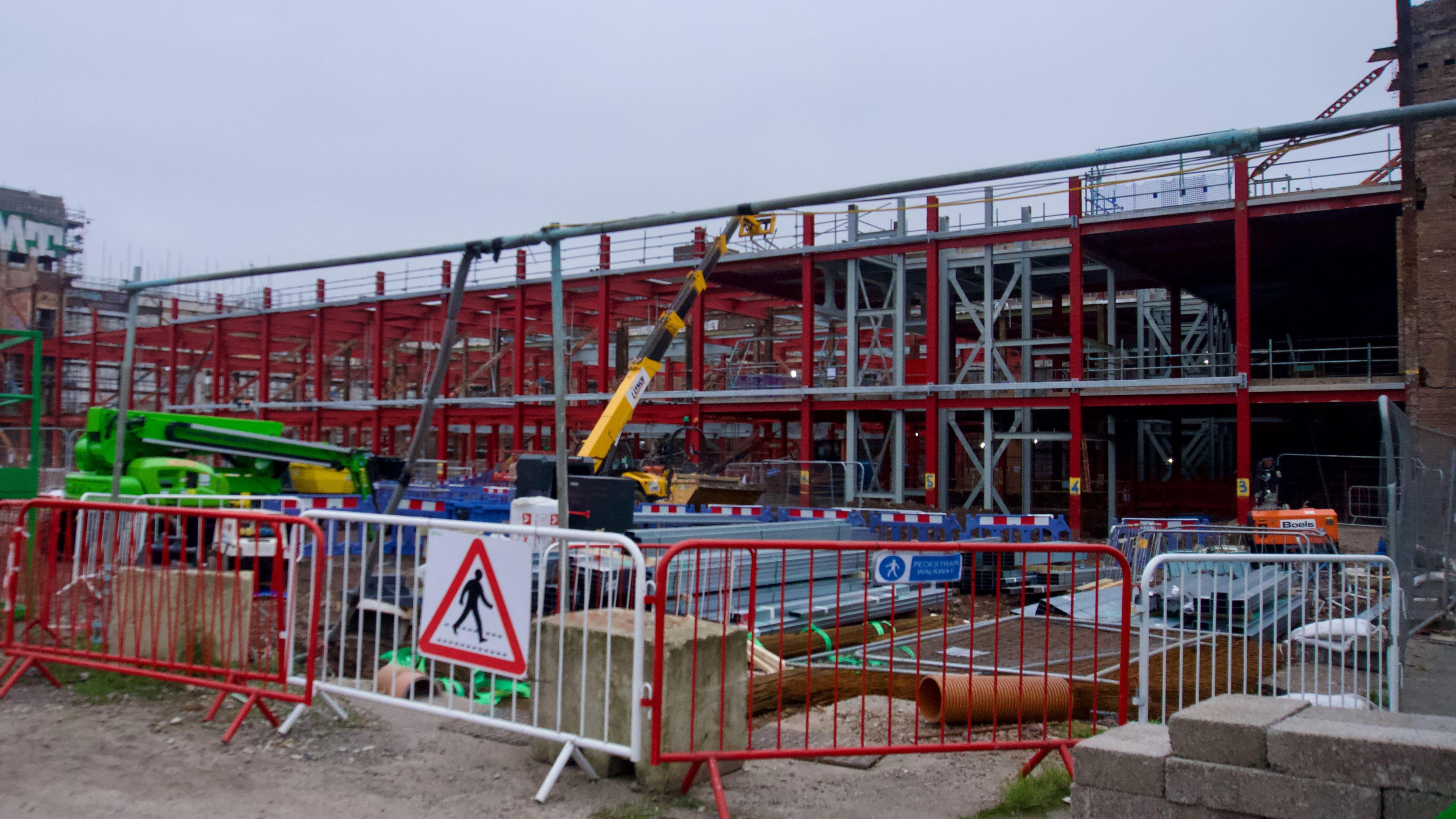
The BBC is set to move its Midlands headquarters to The Tea Factory in Digbeth
BBC Director-General Tim Davie said the independent study, by BOP Consulting in partnership with University of Birmingham's City-REDI, external, highlighted the "scale of the opportunity" for the BBC and the region.
"We believe in making world class content from Digbeth, putting the people and the place at the epicentre of the creative industries while reflecting their stories," he said.
The BBC in the West Midlands report comes as the organisation prepares to air the last episode of long-running Birmingham-based soap Doctors after almost 24 years.
It was cut due to inflated costs in drama production, the BBC said, but the corporation was criticised for the decision and a petition launched to save the show gathered more than 8,000 signatures.
The BBC said the funding for the programme would be reinvested into new programming in the region and to support the retention and development of scripted skills.
'Meaningful careers'
West Midlands mayor Richard Parker said the BBC's investment would "bring even more global attention" to the region.
"I want the West Midlands to become the beating heart of the UK's creative economy, and the BBC's commitment to our region is a powerful step toward that vision," he said.
"We’re dedicated to equipping local people with the skills they need for exciting roles in film, TV, gaming, and other creative industries, opening doors to meaningful careers."
Get in touch
Tell us which stories we should cover in Birmingham and the Black Country
Follow BBC Birmingham on BBC Sounds, Facebook, external, X, external and Instagram, external.
Related topics
- Published2 February 2024
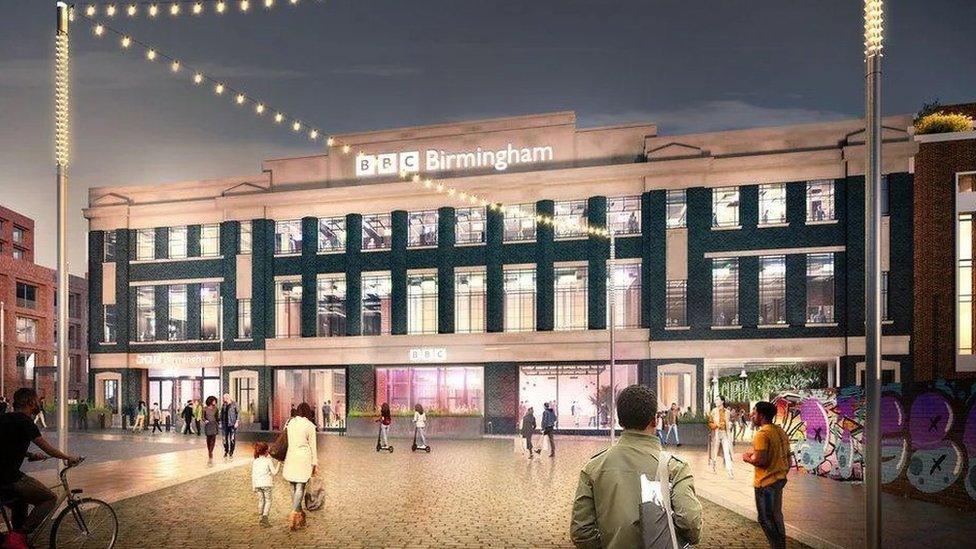
- Published16 March 2023
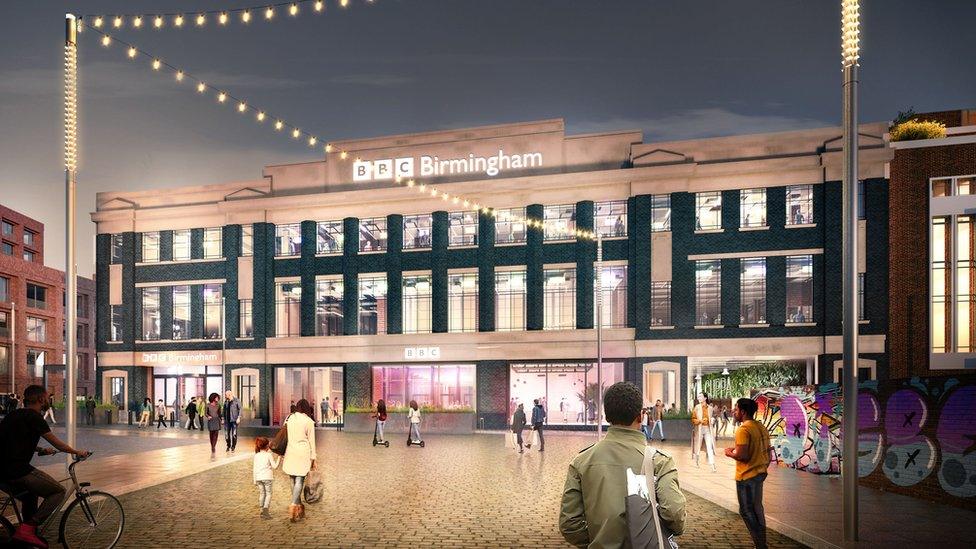
- Published3 March 2024
